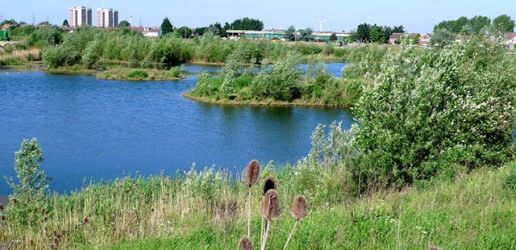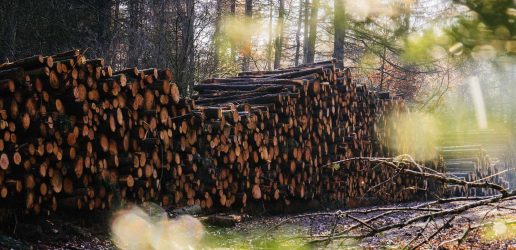A new national monitoring project aims to help prevent the potential spread of a serious pest affecting spruce trees – the larger eight-toothed European spruce bark beetle (Ips typographus).
The project is offered via Forest Lab and is run by Sylva Foundation, Forest Research and Forestry Commission.
Volunteers are wanted from England, Wales and Scotland who have spruce growing in woodland that they own or manage, and who are willing to host and collect samples by installing a spruce bark beetle trap.
By taking part in the project, volunteers will become part of an early-warning system and help action to limit the impacts of this pest. They will also be contributing crucial data to science that will help researchers to better understand the biology of Ips typographus and help shape policy and guidance for the sector.
Another benefit of taking part is that if this pest is discovered breeding in a volunteer’s woodland, prompt action can be taken to limit damage. Whether the pest is found in their woodland or not, volunteers will gain insights into management actions which may reduce the vulnerability of their woodland.
Read our case studies
Find out more from volunteers Tim Read and Andy Stott who share their experiences of joining the project.
Download Tim Read’s case study [PDF, 3.32 MB]
Download Andy Stott’s case study [PDF, 3.99 MB]
Recent News
View All news
New land regeneration resources for creating green spaces on previously used land now available
The new resources bring together the latest learnings on land regeneration and climate change, and optimal soil thickness for planting on previously used land.

New national survey launched to strengthen plant pest and disease detection across UK horticulture
UK horticulture and landscaping businesses invited to take part in survey to strengthen non-native plant pest and disease detection and reporting.
Forestry and timber businesses across the UK are being asked to take part in an annual survey programme to collect data about the UK timber industry.

New land regeneration resources for creating green spaces on previously used land now available
The new resources bring together the latest learnings on land regeneration and climate change, and optimal soil thickness for planting on previously used land.

New national survey launched to strengthen plant pest and disease detection across UK horticulture
UK horticulture and landscaping businesses invited to take part in survey to strengthen non-native plant pest and disease detection and reporting.
Forestry and timber businesses across the UK are being asked to take part in an annual survey programme to collect data about the UK timber industry.

